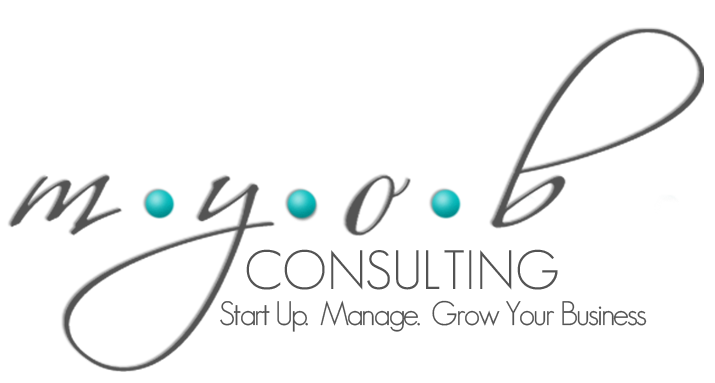1. DON’T procrastinate. If you are the type who loves to think “your best work is done under pressure” don’t kid yourself by backing yourself into a corner once the filing deadline creeps up. Make a simple checklist of the things you need to prepare for your accountant visit.
DO put in a phone call to your CPA before, or at least, at the top end of the new year. Schedule your appointment for January or February. This will get you in the mindset of preparing for that appointment now. And it moves your deadline up earlier instead of waiting until March 15h and April 15th tax filing deadlines. Request a simple checklist from your accountant of what you need to prepare and then pin that up on your refrigerator or somewhere visible daily. It would be good to assign yourself one task per week to complete leading up to your visit.
2. DON’T expect your accountant to have time to give you a good tax consultation or insightful tax advice if you plan to see him during the last weeks of the tax filing deadlines. A good accountant can be one of your most valuable resources and you should take full advantage of their expertise by requesting a consultation. Not only to review your tax return but to provide you with a thoughtful strategy to improve your tax position for the coming year.
DO expect advice and support from your accountant when it comes to making decisions for your business. If you schedule a consultation with him before or after the very busy tax season (either year-end or after April 15th) you should prepare questions. Ask for specific guidance on best practices for keeping your books. Request an analysis of your financial statements. Get suggestions on how to clean up your bookkeeping and also how to save you money on taxes and other business operations. You can also seek recommendations on financial planning and even investment vehicles that could be right for you and your business in the coming year.
3. DON’T expect to dump a bunch of receipts, bank statements on your accountant’s desk and expect not to pay handsomely for them to process all of that. Preparing for your CPA visit by doing your own bookkeeping or outsource your bookkeeping to catch it all up will save you money. Your CPA is a highly skilled tax expert who will charge a hefty hourly rate for their expertise.
DO make a plan to either catch up your books on your own by using a simple accounting software like Quickbooks. Or at the very least even an Excel spreadsheet would suffice. CLICK HERE for a simple “DIY How-To Guide for catching up your books”. If it’s unrealistic to do your own bookkeeping, then consider hiring a bookkeeping company to provide this service so you’re prepared with the essentials your CPA needs to prepare your return. Which is, quite simply, a clean and accurate Profit & Loss statement and a Balance sheet.
